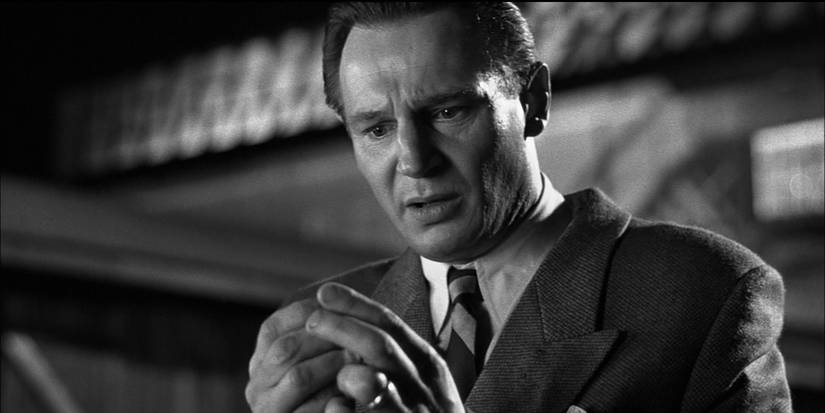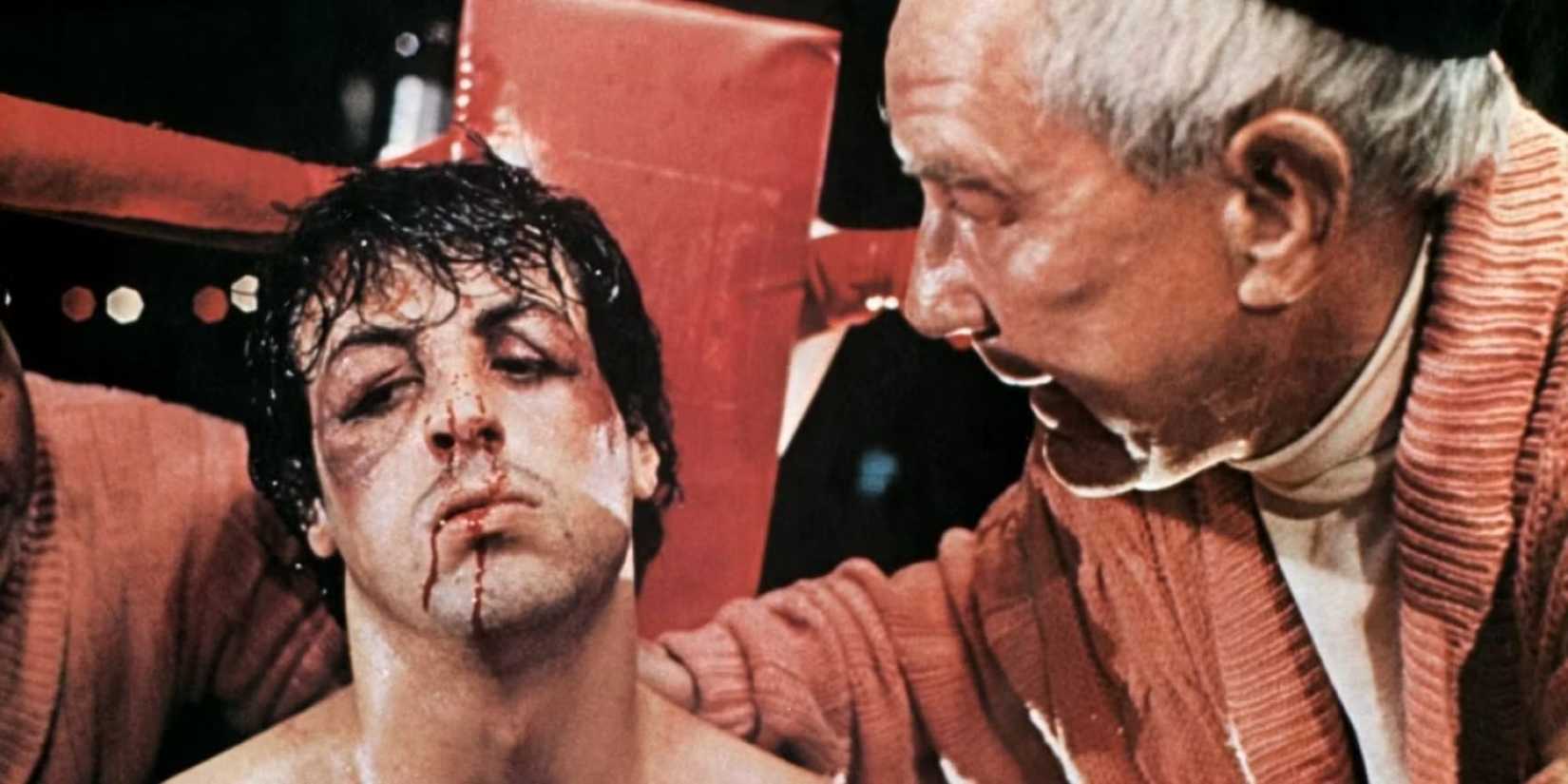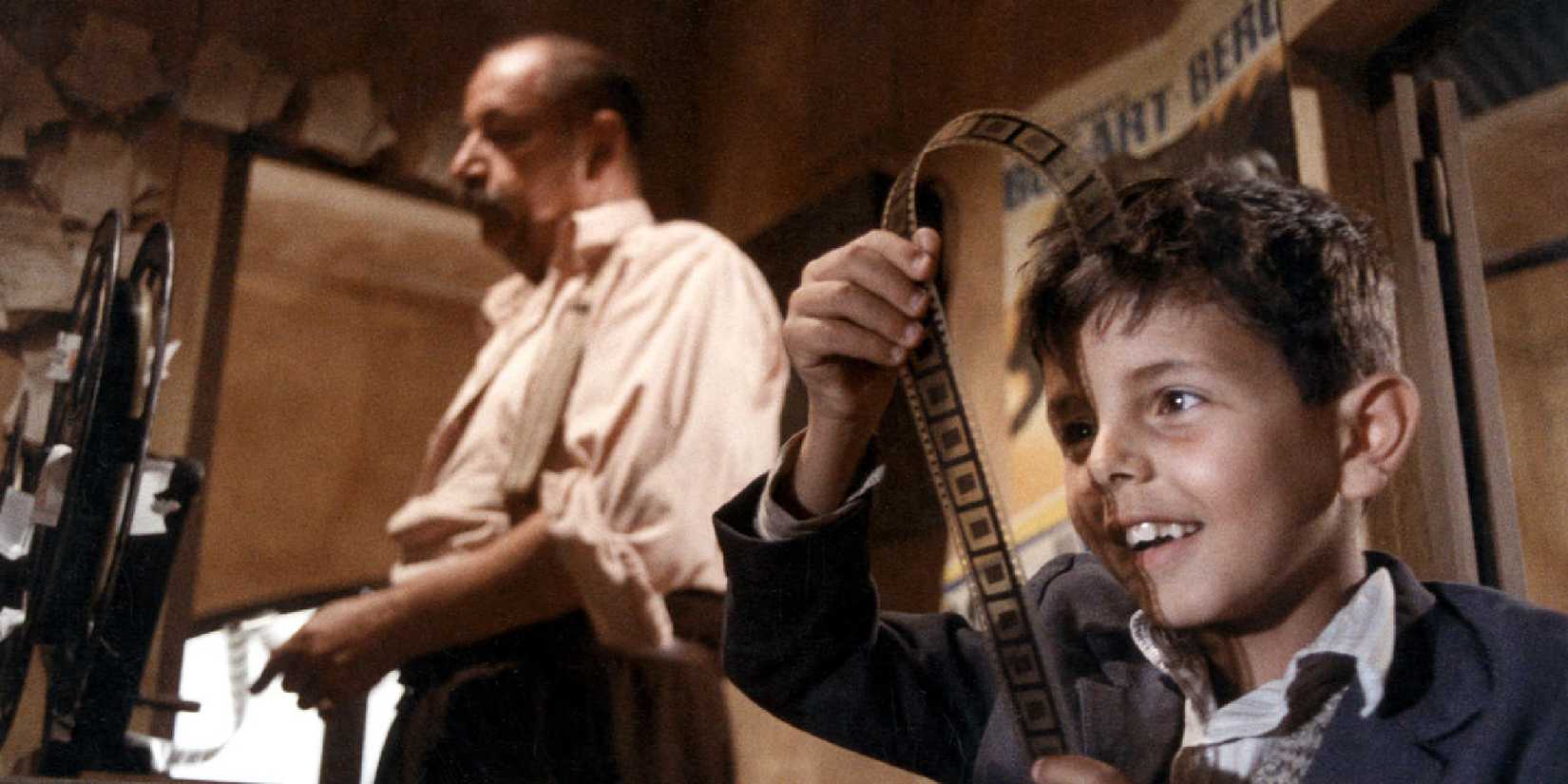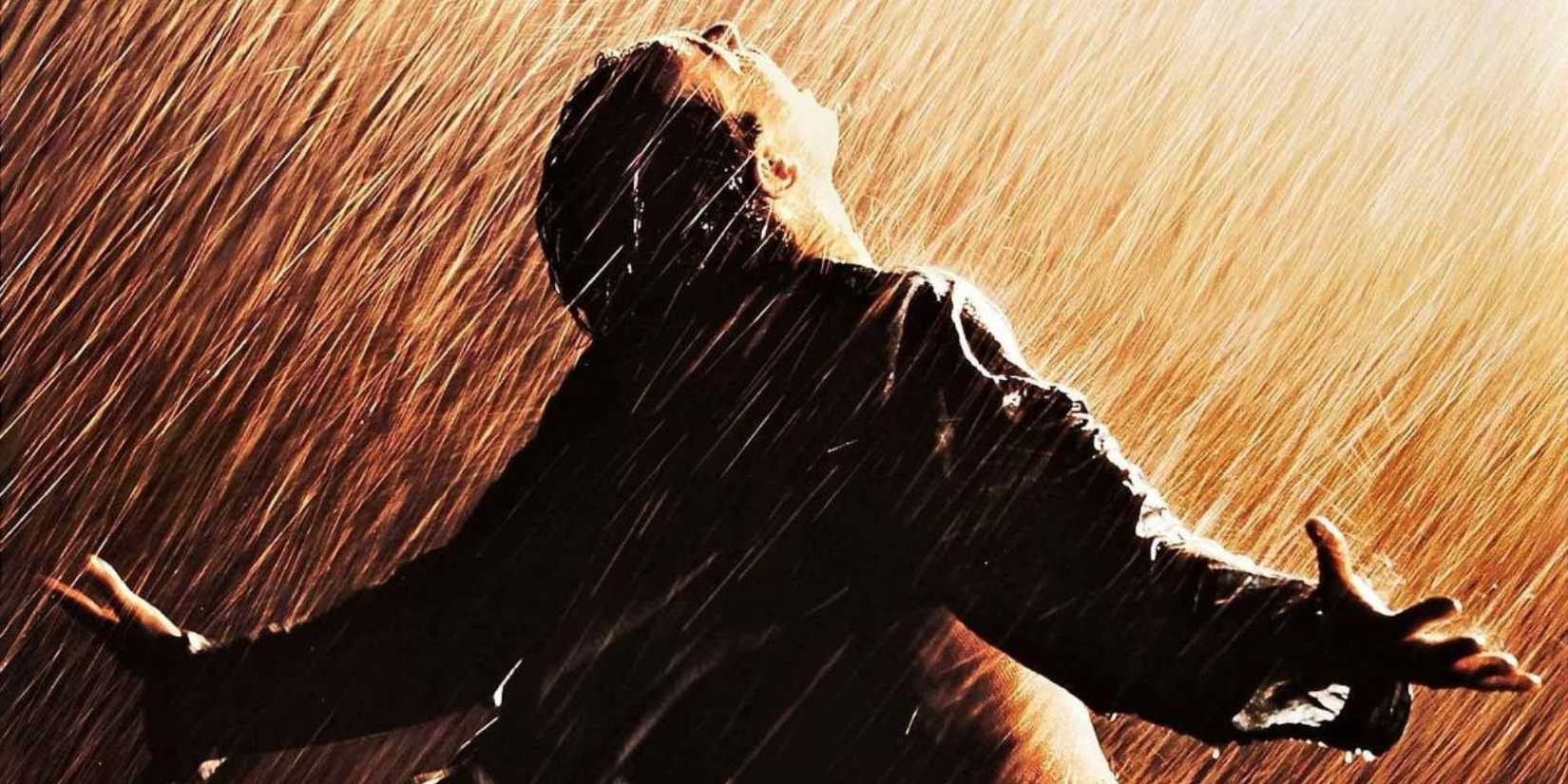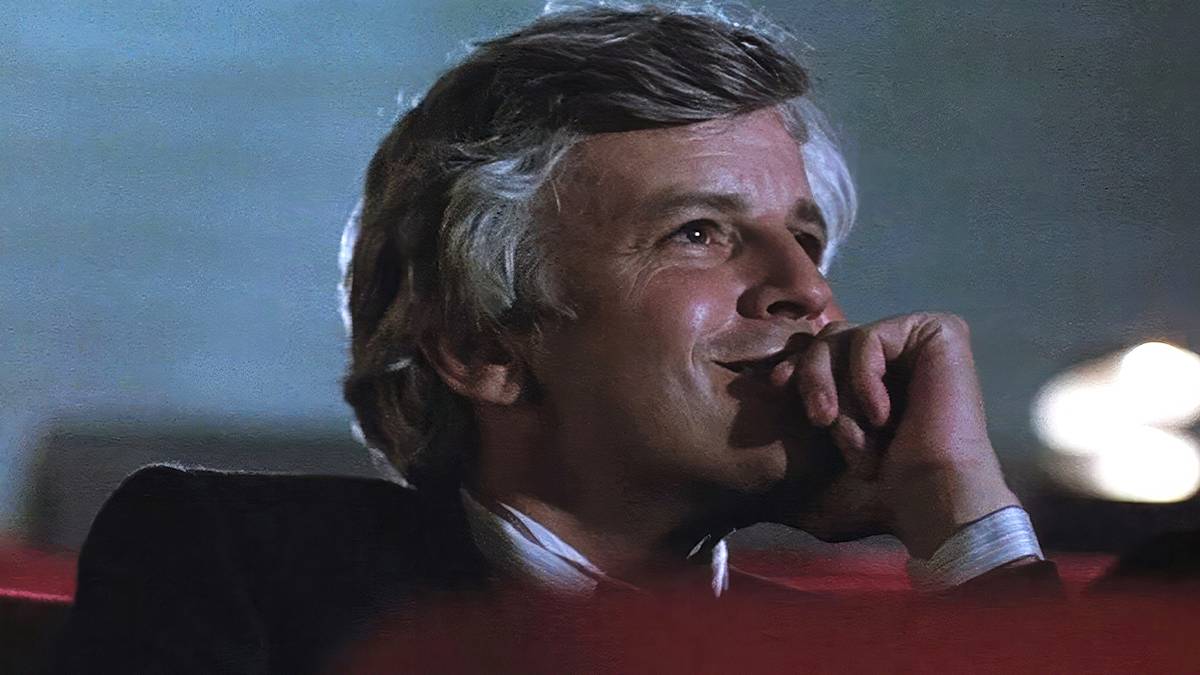
10 Most Cathartic Movie Endings, Ranked
Great movie endings go beyond simply wrapping up the story. Sure, a good ending ties every loose end and, even if they remain open-ended, they do their best to leave audiences with a good taste in their mouth. At their best, they release everything that’s been building, hitting the audience with an emotional purge.
Catharsis can take many forms: joy, sorrow, triumph, or even bittersweet reflection. The uniting thread is that the audience feels like they’ve gone through something and come out the other side. With this in mind, this list looks at the most cathartic movie endings ever. They cover a range of genres and tones, but all deliver a rush of emotion that stays with you long after the lights come up.
10
‘The Green Mile’ (1999)
“Tired of being on the road, lonely as a sparrow in the rain.” Frank Darabont’s adaptation of Stephen King’s novel builds toward an ending that devastates and cleanses in equal measure. Over the movie, we learn about John Coffey’s (Michael Clarke Duncan) supernatural gifts and his almost Christ-like suffering (his initials aren’t JC for nothing). But as if the movie hadn’t broken our hearts enough, the climax sees Coffey accepting his execution for crimes he did not commit.
The raw humanity of the scene and Tom Hanks‘ Paul Edgecomb breaking down as he orders Coffey’s death hit like a sledgehammer. However, it’s not all bleak. The catharsis lies in the paradox: Coffey’s death is unbearably tragic, yet he achieves peace, and those around him are transformed by his grace. The film closes decades later with Paul, now an old man, carrying the burden of that memory, reflecting on the weight of mercy and injustice.
9
‘It’s a Wonderful Life’ (1946)
“No man is a failure who has friends.” Frank Capra‘s holiday classic remains one of the most feel-good movies ever (explaining why it sees continued play around Christmastime) precisely because it pushes its protagonist to the brink of despair before delivering redemption. George Bailey (James Stewart) believes his life is meaningless, only to be shown by an angel how much poorer the world would have been without him. The finale, in which the entire town rallies to support him, is an overwhelming outpouring of love and gratitude.
The relief is physical. You practically feel the weight of George’s hopelessness lifted in real time, replaced by joy as he embraces his family, shouting “Merry Christmas!” into the snowy night. It’s sorrow turned to joy, despair alchemized into celebration. Sure, this ending is pretty sentimental, but it’s also a reminder of the human need for connection and recognition. Generations later, it still leaves audiences crying happy tears.
8
‘One Flew Over the Cuckoo’s Nest’ (1975)
“But I tried, didn’t I? Goddammit, at least I did that.” Miloš Forman’s adaptation of Ken Kesey’s novel is one of the great American tragedies, and its ending offers both sorrow and liberation. After McMurphy (Jack Nicholson) is lobotomized, his rebellious spirit seemingly crushed by the institution, his friend Chief Bromden (Will Sampson) performs an act of mercy: he suffocates McMurphy, sparing him a life as a shell of himself.
The moment is devastating, yet the catharsis comes when Chief escapes, tearing a hydrotherapy machine from the floor and breaking through the asylum walls. The image of him running into the night, free at last, is both triumphant and bittersweet; the audience mourns McMurphy but celebrates the survival of his spirit. Simply put, it is one of the most powerful endings in movie history, proving that freedom is always possible, even in the face of loss. I’m not crying, you’re crying.
7
‘La La Land’ (2016)
“Here’s to the fools who dream.” La La Land catches a lot of flak, but its ending is beautifully bittersweet. After following Sebastian (Ryan Gosling) and Mia (Emma Stone) through their passionate romance and diverging dreams, the finale imagines an alternate reality where everything worked out: love, success, and happiness intertwined. This dazzling musical montage is both joyous and heartbreaking (because it’s not true), showing the life that could have been before snapping back to reality, where they share only a knowing smile.
The catharsis comes not from resolution but from acceptance: love mattered, even if it didn’t last. Through it, Chazelle captures the ache of adulthood, the necessity of sacrifice, and the inevitability of roads not taken. Life invariably involves tradeoffs, and having it all is not realistic, La La Land says. At the same time, the movie suggests that some loves shape us forever, even if they don’t endure.
6
‘The Lord of the Rings: The Return of the King’ (2003)
“There’s some good in this world, Mr. Frodo, and it’s worth fighting for.” The epic conclusion to The Lord of the Rings trilogy is overflowing with intense and emotional moments, from Pippin’s (Billy Boyd) haunting song to “But I can carry you!” to the destruction of the Ring to Aragorn’s (Viggo Mortensen) coronation. But the most moving beats are the quieter ones: Frodo’s (Elijah Wood) weary smile as the task is finally complete, the tearful goodbyes at the Grey Havens as he sails into the West.
The journey has been so long, so grueling, that the release feels overwhelming, the triumph and the sorrow hard to separate. It’s a sledgehammer straight to the feels: Howard Shore’s swelling score, the images of friendships forged and sacrifices made, and the sense of an age ending. Ultimately, Return of the King is the rare blockbuster that earns every tear, every cheer, every sigh of relief. Few endings capture the magnitude of both victory and loss so completely.
5
‘Dead Poets Society’ (1989)
“Seize the day, boys. Make your lives extraordinary.” Dead Poets Society ends on a note of rebellion and reverence that never fails to move audiences. It’s one of the most iconic scenes of the 1980s. After the tragic death of Neil (Robert Sean Leonard), the students at Welton Academy face the crushing weight of conformity and authoritarianism. Robin Williams‘ John Keating, their beloved teacher, is scapegoated and dismissed. Yet in the final moments, one by one, the boys stand on their desks, saluting him with “O Captain, my Captain.”
This is philosophical defiance. Though Keating is forced out, his teachings have taken root. The boys’ simple act of solidarity is enough to affirm that his influence endures. It’s a moment that releases all the film’s tension and grief in a rush of bittersweet pride and sorrow. Williams’ restrained smile says everything: inspiration can’t be silenced. It’s one of Williams’ very best performances.
4
‘Schindler’s List’ (1993)
“Whoever saves one life, saves the world entire.” Schindler’s List ends not with spectacle, but with overwhelming humanity. After watching Oskar Schindler (Liam Neeson) save over a thousand Jews during the Holocaust, the film closes with his breakdown, lamenting the lives he couldn’t save. The raw emotion of the scene, Neeson sobbing in regret, pierces the heart, but the uplifting part comes when the survivors reassure him: his efforts were extraordinary, and his legacy lives on.
The final transition to the real Schindler Jews placing stones on his grave is one of the most powerful moments in cinema (Jonathan Glazer would do something similar with The Zone of Interest), turning history into immediacy, grief into gratitude. The release is overwhelming, not joy, but relief, sadness, and awe combined. Through it, Spielberg reminds audiences of humanity’s capacity for both evil and redemption. It’s a weighty ending worthy of the subject matter.
3
‘Rocky’ (1976)
“It’s about how hard you can get hit and keep moving forward.” Few endings feel as triumphant as Rocky‘s, which is a real achievement, considering that our hero doesn’t actually win the fight. The underdog story of Rocky Balboa (Sylvester Stallone) builds toward his climactic showdown with Apollo Creed (Carl Weathers), where victory seems impossible. Rocky doesn’t win the fight, but he wins something greater: dignity, self-respect, and love. As the crowd roars and the decision is announced, Rocky ignores it all, calling for Adrian. Their embrace in the ring delivers on all the emotional buildup, a release for the struggle, humiliation, and perseverance.
The scene is a little cheesy, but still, it’s pure joy, insisting that victory can mean something other than winning. Stallone’s performance, raw and earnest, ensures the ending resonates beyond sports. It’s about the human need to prove ourselves, even if only to ourselves. The finale turned Rocky into an icon (though the sequels would offer diminishing emotional returns).
2
‘Cinema Paradiso’ (1988)
“Life isn’t like in the movies. Life… is much harder.” Giuseppe Tornatore‘s Cinema Paradiso ends with one of the most beautiful love letters to cinema ever put on screen. After returning to his hometown for the funeral of Alfredo (Philippe Noiret), the projectionist who mentored him, Salvatore (Jacques Perrin) receives a reel of film Alfredo left behind. Watching it, he discovers it’s a montage of all the kissing scenes censored from movies in his youth.
The sequence is overwhelming: decades of passion, longing, and beauty flowing together in a cascade of images. It’s shorthand for the power of cinema as a whole, a tribute to film, to life, to love, to memory. One can’t help but be moved by the recognition of everything movies give us, everything Alfredo gave Salvatore, and everything we lose and carry with us. It’s the kind of ending that reliably brings viewers to tears.
1
‘The Shawshank Redemption’ (1994)
“Get busy living, or get busy dying.” Frank Darabont breaks our hearts once again. After years of suffering, humiliation, and injustice, Andy Dufresne (Tim Robbins) escapes prison through sheer determination, crawling through a tunnel of filth to emerge cleansed in a rainstorm. The image of Andy raising his arms to the sky is one of cinema’s great moments of release. As if this wasn’t emotional enough, we then get a closing sequence where Red (Morgan Freeman), finally free, narrates his journey to reunite with Andy.
The film ends on a sun-drenched beach in Mexico, the two men embracing in freedom. It’s a finale that transforms despair into hope, offering one of the most satisfying emotional payoffs ever. Not for nothing, The Shawshank Redemption is one of the most beloved movies ever (it’s the highest rated on IMDb for a reason), and this ending is a key part of its power. Pure movie magic.

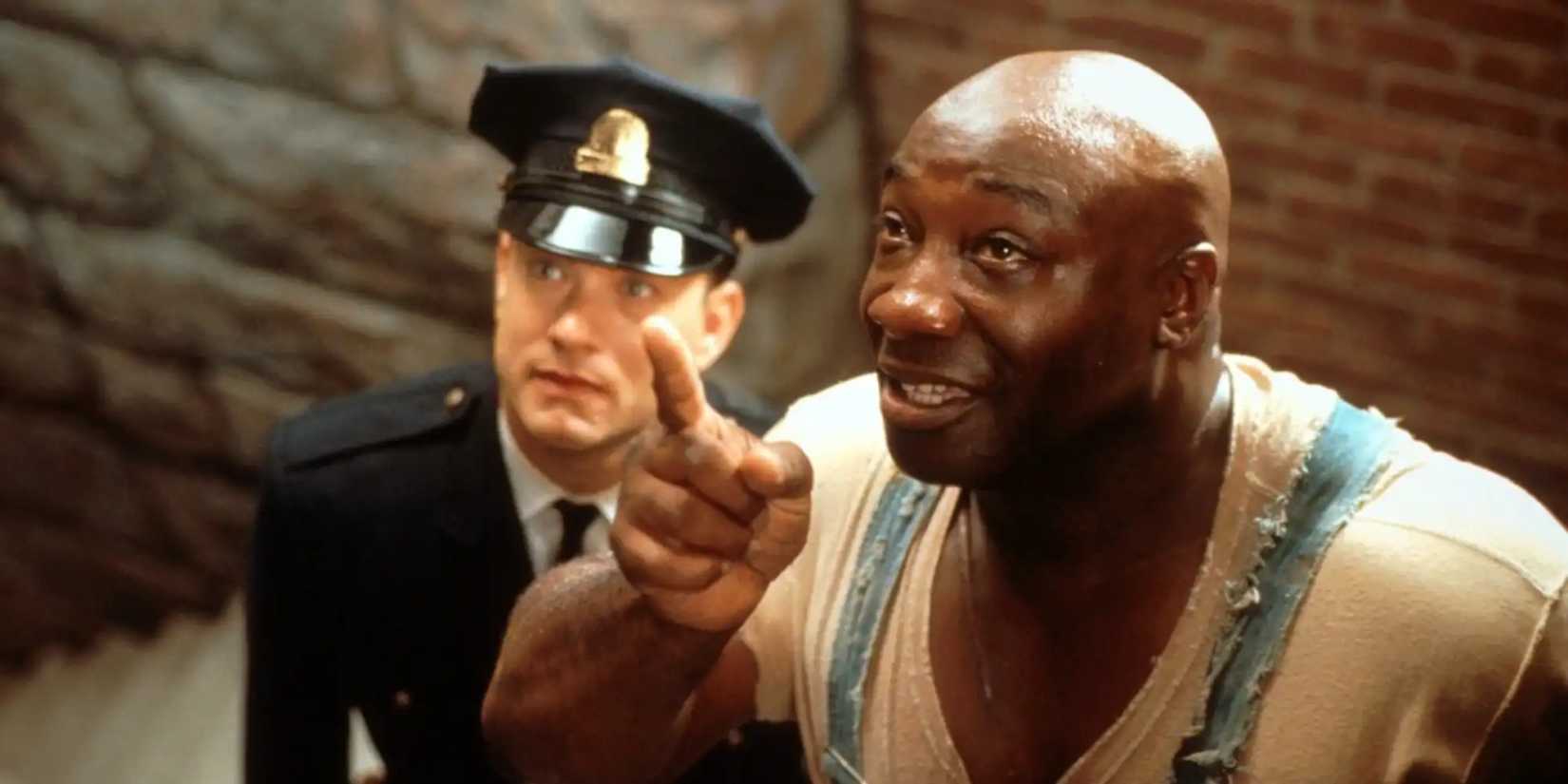
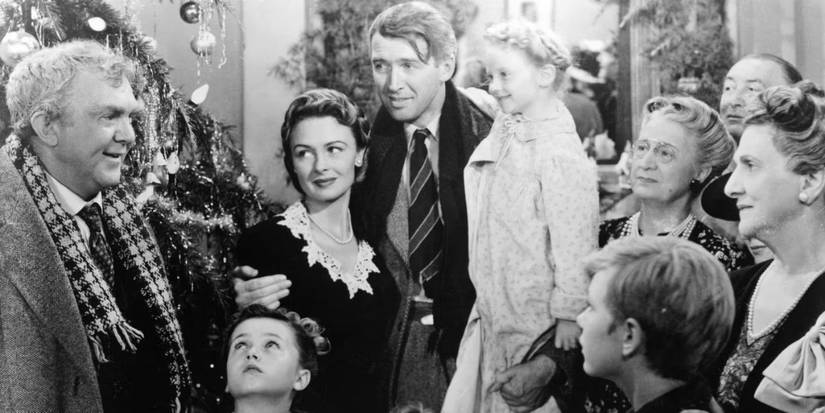
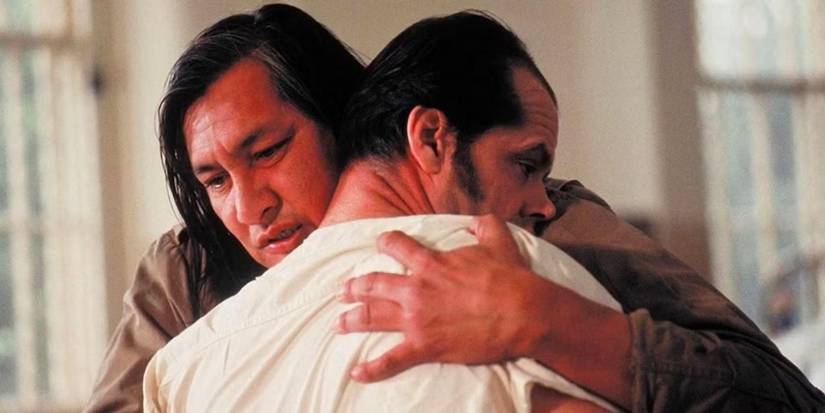
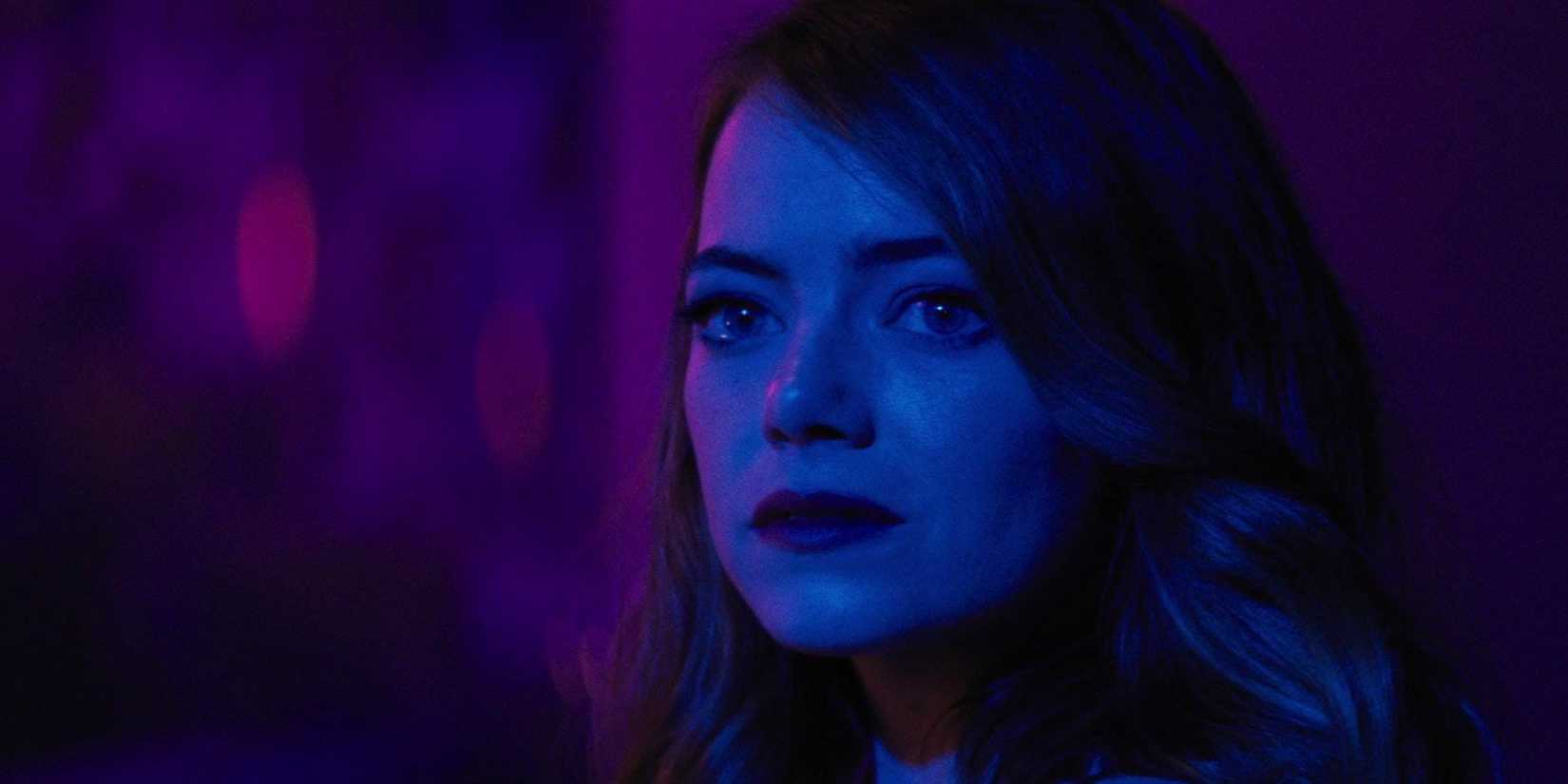
.jpg?q=49&fit=crop&w=825&dpr=2)
